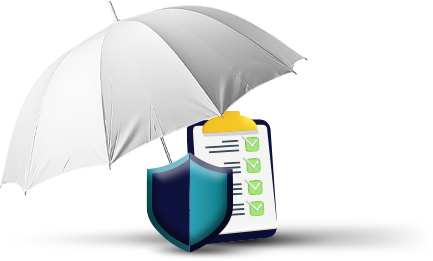Edit Content
About Us
We must explain to you how all seds this mistakens idea off denouncing pleasures and praising pain was born and I will give you a completed accounts off the system and expound.
Contact info
- Rock St 12, Newyork City, USA
- (000) 00000000
- Week Days: 09.00 to 18.00 Sunday: Closed




